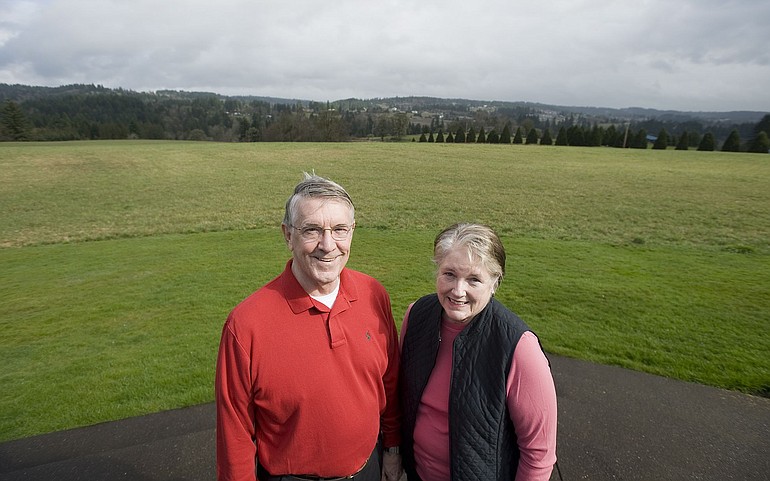1977: The Cowlitz Indian Tribe petitions for federal recognition, a status that had been lost decades earlier because the tribe did not have a reservation.
2000: The U.S. government formally recognizes the Cowlitz; the Quinault Indian Nation appeals.
Jan. 4, 2002: The government reaffirms recognition for the Cowlitz, which makes the tribe eligible for federal money to operate a sovereign tribal government.
Jan. 4, 2002: The Cowlitz Tribe files a fee-to-trust application for 152 acres to establish a reservation near La Center.
Nov. 3, 2008: The U.S. Supreme Court hears arguments in Carcieri v. Salazar.
Feb. 24, 2009: The court issues its opinion in Carcieri v. Salazar, saying tribes that were not under federal jurisdiction in 1934 cannot take land into trust.
Nov. 9, 2009: Cowlitz Tribal Chairman William Iyall testifies before the U.S. House Committee on Natural Resources as to why Carcieri does not apply to his tribe's case.
June 18, 2010: Secretary of the Interior Kenneth Salazar issues a memo urging the Bureau of Indian Affairs to move forward with decisions on gaming applications.
Dec. 16, 2010: For the second time since taking office in 2009, President Obama meets with hundreds of tribal leaders and pledges to help meet their specific social and economic challenges.
Dec. 17, 2010: Assistant Secretary for Indian Affairs Larry Echo Hawk signs off on Cowlitz application.
Dec. 22, 2010: Congress adjourns without making a "Carcieri fix."
Dec. 23, 2010: The BIA publicly releases approval of Cowlitz application, with lengthy section devoted to Carcieri.
Jan. 31, 2011: Clark County is lead plaintiff in lawsuit filed in U.S. District Court challenging Cowlitz decision, the first post-Carcieri challenge.
Feb. 1: Confederate Tribes of Grand Ronde file a lawsuit in U.S. District Court, also challenging the Cowlitz decision.
June 10: The deadline for defendants, which include the Department of the Interior and the BIA, to respond to the lawsuits.



